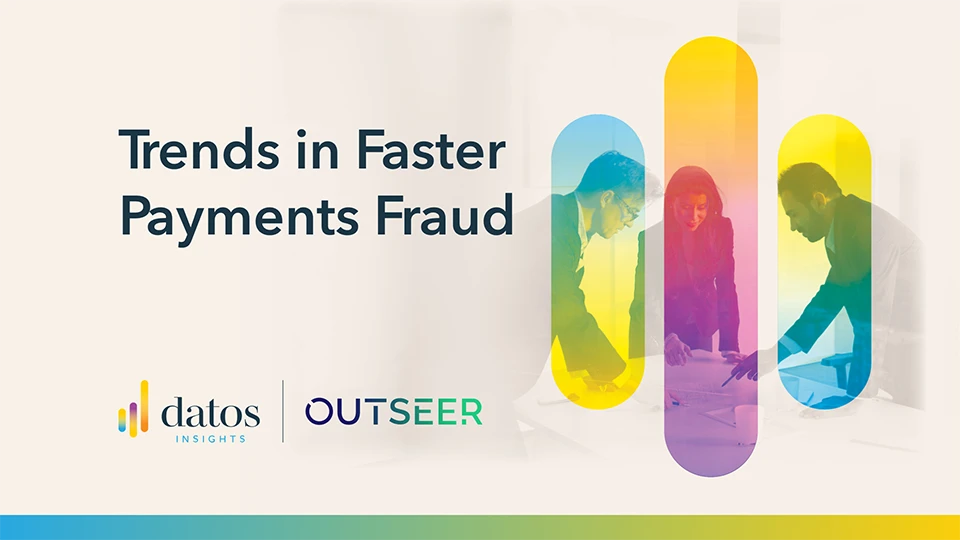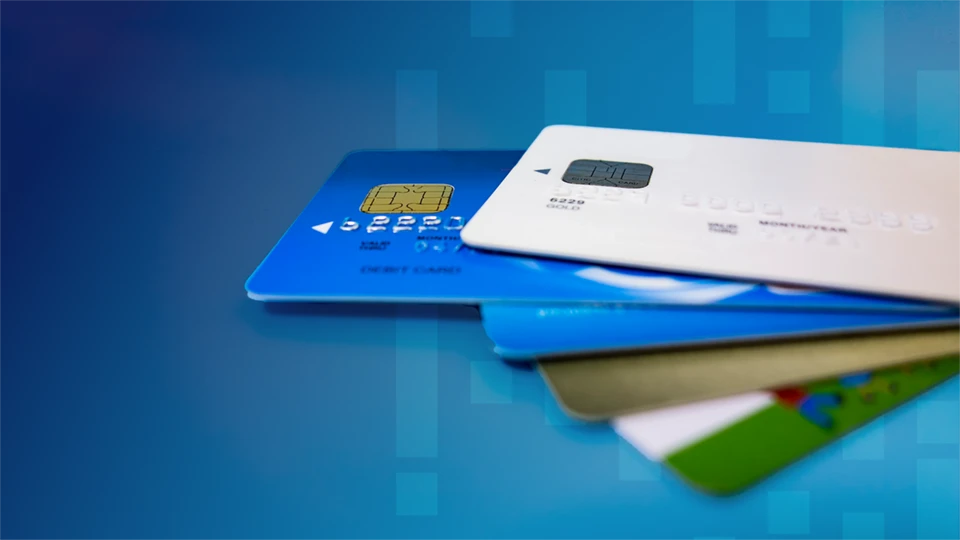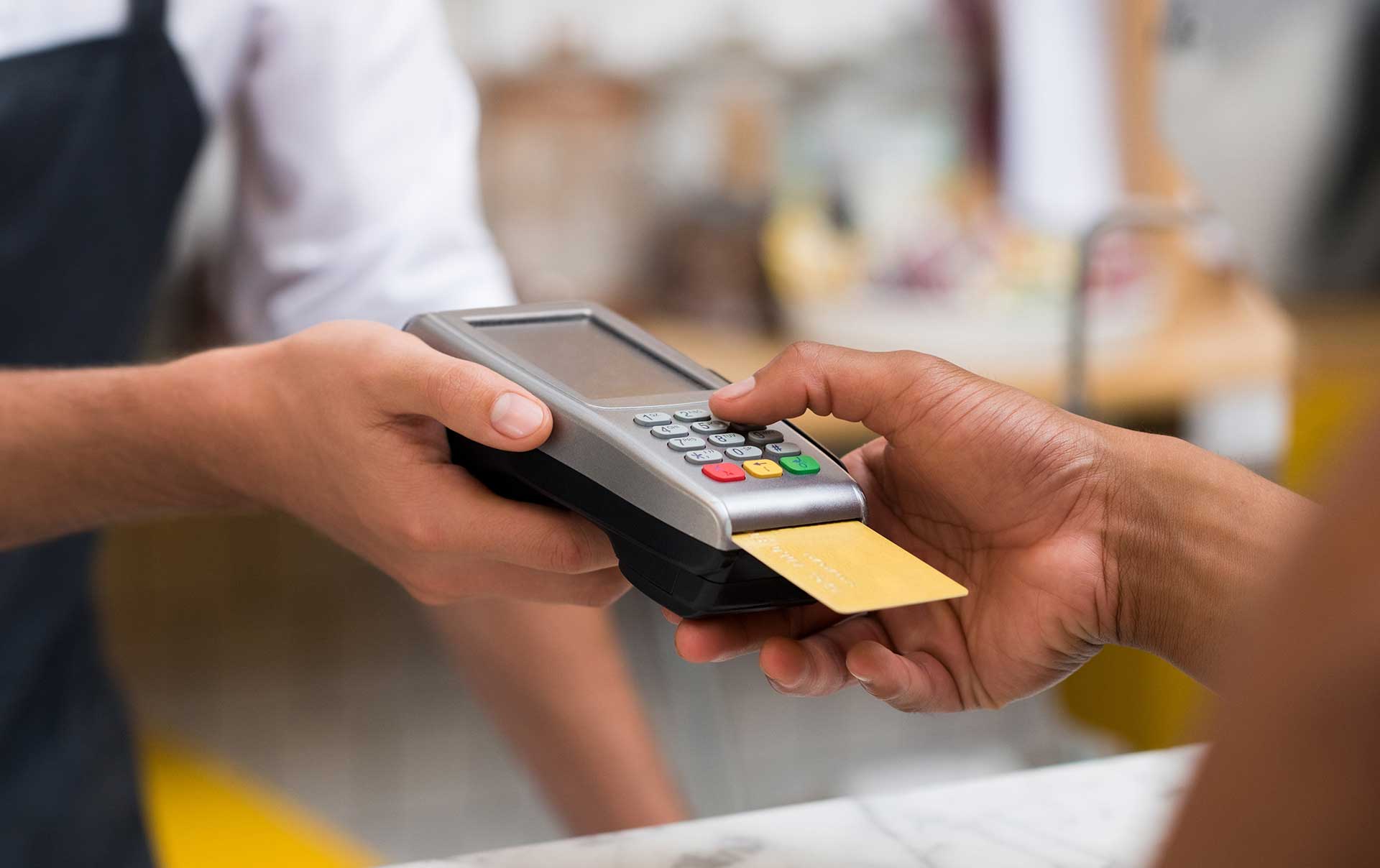The Payment Systems Regulator (PSR) in the UK has introduced new regulations aimed at enhancing consumer protection against Authorised Push Payment (APP) fraud. These regulations, which ensure mandatory reimbursement for fraud victims, are set to have a significant impact on the UK’s payment landscape. However, the effects of these regulations are not limited to the UK alone. The global nature of financial systems means that changes in one country can have ripple effects on others. In this blog, we will explore how the proposed regulations in the UK may impact countries such as India, Australia, Malaysia, and Europe.
APP Fraud: A Global Challenge
Authorised Push Payment (APP) fraud is a rapidly growing problem worldwide, impacting individuals and businesses alike. In the UK alone, losses from APP fraud reached over £485 million in the past year. Recognising the devastating consequences of this type of fraud, the PSR aims to provide better protection for individuals making payments and encourage fraud prevention efforts across the payment ecosystem.
Strengthening Faster Payments and Pay.UK
One key aspect of the UK’s regulatory changes focuses on the Faster Payments system, which is where the majority of APP fraud occurs. The PSR intends to strengthen Pay.UK’s ability to tackle fraud by implementing new rules and incentivising payment firms to take action. Financial institutions can benefit from advanced fraud prevention solutions like Outseer Fraud Manager to bolster their fraud detection capabilities and comply with the enhanced security requirements of Faster Payments.
Consistent Minimum Standards and Reimbursement
Under the proposed regulations, consistent minimum standards will be established to protect customers. Financial institutions can leverage fraud prevention solutions to help them analyse user behaviour, detect suspicious transactions, and mitigate the risk of APP fraud. By implementing comprehensive fraud prevention measures, financial institutions can align with the reimbursement requirements and offer enhanced protection to their customers.
The PSR is set to achieve significant milestones in the coming years. By the end of 2023, they will publish crucial information, including the claim excess and maximum level of reimbursement, along with additional guidance on the customer standard of caution (gross negligence). Moreover, all legal instruments will be made public, ensuring transparency and clarity. Looking ahead to 2024, the new reimbursement requirement will officially come into force, solidifying the commitment to safeguarding consumers in the face of APP fraud.
Incentivising Payment Firms
The UK’s regulatory approach includes a cost-sharing mechanism, where both sending and receiving payment firms will split the costs of reimbursement equally. Financial institutions can utilise fraud prevention solutions like Outseer Fraud Manager to minimise fraud incidents and associated losses. By reducing the financial impact of fraud, financial institutions can mitigate the reimbursement costs and contribute to a more sustainable cost-sharing framework.
Potential Impact on Other Countries
The regulatory framework in the UK has the power to inspire countries worldwide to reassess their reimbursement policies and adopt consistent standards for stronger consumer protection. Several nations have already taken proactive steps to enhance their digital payment ecosystems, implementing their own fast payment systems while improving fraud prevention and security measures. These countries are closely monitoring the progress of the UK’s regulatory framework and actively participating in discussions and updates related to its implications. Here is a summary of key faster payment systems around the globe and any indications of their stance regarding the UK framework:
- India’s Unified Payments Interface (UPI) was introduced in 2016. UPI is a real-time payment system that allows users to link multiple bank accounts to a single mobile application and facilitates seamless fund transfers between different banks. It has played a significant role in driving digital payments and financial inclusion in India.
- Australia’s New Payments Platform was introduced in 2018. The NPP is a payment system that facilitates instantaneous transactions for individuals, businesses, and government entities among participating financial institutions. It offers various functionalities, including PayID, which allows users to associate their bank accounts with convenient identifiers like phone numbers or email addresses. Australia’s Financial Services Minister Stephen Jones hinted at the possibility of introducing comparable legislation to the UK.
- Malaysia’s DuitNow was introduced in 2018. It is an instant credit transfer service that allows individuals and businesses to make real-time payments using mobile numbers or identification numbers (such as MyKad or passport numbers). DuitNow has been instrumental in promoting digital payments and financial inclusion in Malaysia, providing a convenient and efficient way for users to send and receive funds electronically.
- The Netherlands does have a unified instant payment system similar to systems like Faster Payments in the United Kingdom. iDEAL, introduced in 2005, has become one of the most popular payment methods in the country. It enables customers to make secure and real-time payments for online purchases directly from their bank accounts. In addition to iDEAL, the Netherlands introduced the Instant Payments Initiative, which went live in 2019. This initiative allows customers of participating banks to make immediate payments 24/7, including weekends and holidays. The funds are transferred in real-time, providing instant confirmation to both the sender and the recipient of the payment.
- The Nordics have implemented several faster payment systems to enable quick and efficient transfers between individuals and businesses.
- Swish (Sweden): Swish is a popular instant payment system in Sweden. It allows individuals and businesses to send and receive real-time payments using their mobile phones. Swish is widely used for person-to-person transfers, splitting bills, and making payments at stores and online merchants. In addition to Swish, Bankgirot Instant Payments (Sweden): Bankgirot is the clearinghouse for Swedish banks, and they offer an instant payment service called Bankgirot Instant Payments. It enables individuals and businesses to make immediate transfers between participating banks in Sweden.
- MobilePay (Denmark, Finland and Greenland): MobilePay is a mobile payment solution used in both Denmark and Finland. It enables users to send and receive instant payments using their smartphones. MobilePay is commonly used for person-to-person transfers, online shopping, and in-store payments.
- Vipps (Norway): Vipps is a widely adopted mobile payment application in Norway. It allows users to make instant payments, split bills, and send money to friends and businesses. Vipps is commonly used for various transactions, including person-to-person transfers, online shopping, and payments at physical stores.
- Siirto (Finland): Siirto is a real-time payment system in Finland that enables instant money transfers between individuals and businesses. Siirto transactions can be initiated using mobile banking apps or dedicated payment applications. It is commonly used for person-to-person payments, in-store purchases, and online transactions.
- USA’s FedNow is expected to launch imminently and will enable customers at participating banks and credit unions to send and receive the money within seconds, 24/7, and every day.
The Ripple Effect
The proposed regulations in the UK’s faster payment systems have the potential to create a ripple effect on other countries. Financial institutions worldwide can benefit from advanced fraud prevention solutions, such as Outseer Fraud Manager, to align with the enhanced security requirements and reimbursement regulations. By implementing comprehensive fraud prevention measures, financial institutions can protect their customers, mitigate fraud losses, and contribute to a more secure and resilient payment ecosystem. As countries collaborate in the fight against fraud, advanced fraud prevention solutions play a vital role in supporting financial institutions and customers to navigate and comply with evolving regulatory landscapes.












